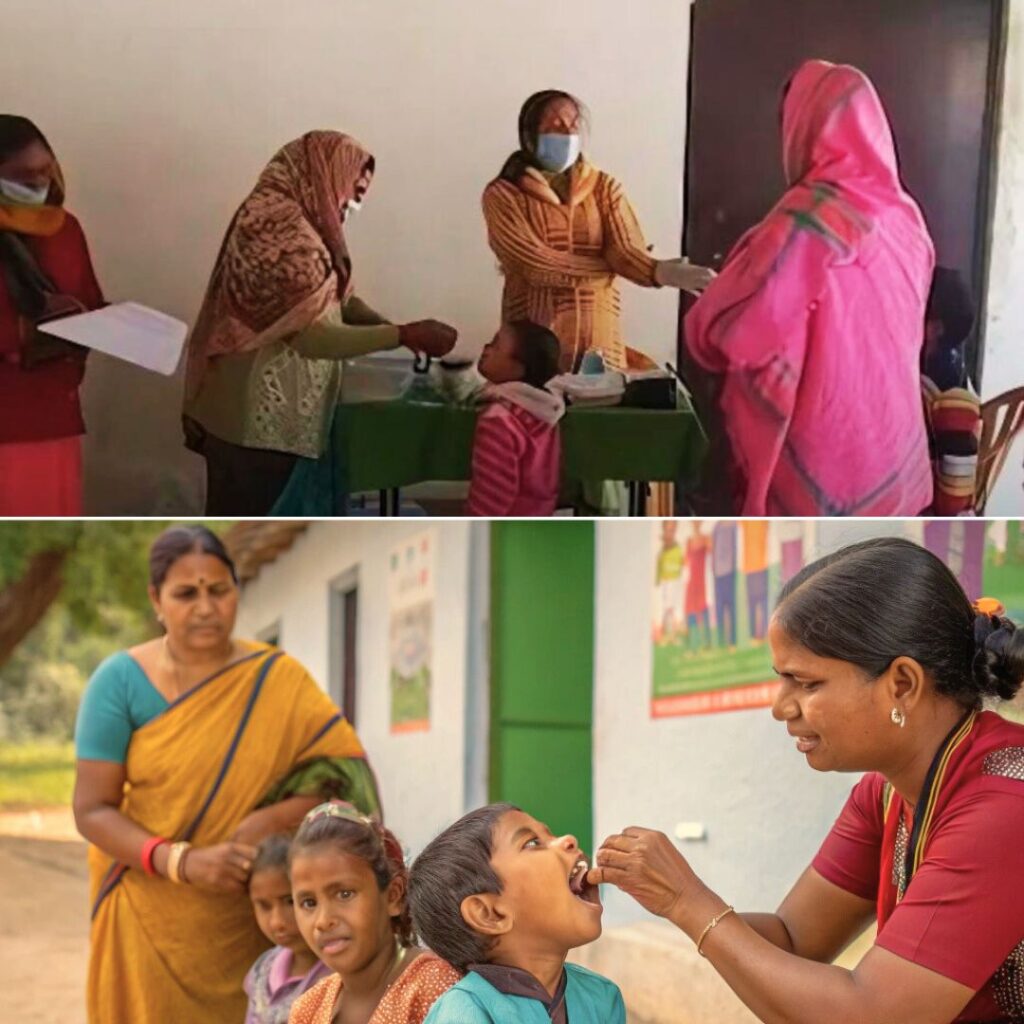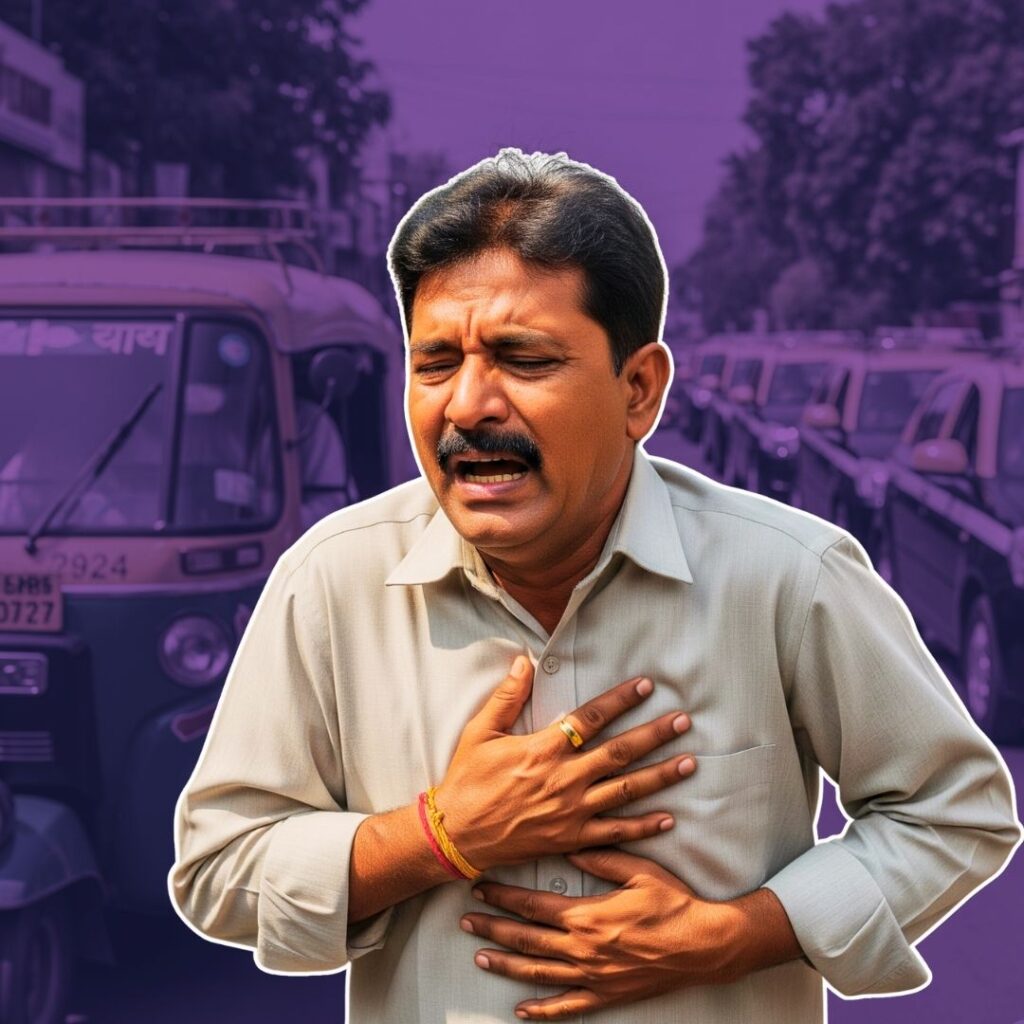“Swachh Bharat and Swasth Bharat go hand in hand…They are interlinked, and that’s where I want India to focus. And, if we think, we are a young and a fit nation, we are not. We are the diabetic capital of the world,” the great cricketer Sachin Tendulkar said, recently during an interactive session at the Hindustan Times Leadership Summit.
It took me back to the autumn of 2010. I was visiting the OPD of AIIMS hospital for my son’s treatment. He was born with multiple congenital disabilities. After the routine check up, I was speaking with the senior doctor helping my son. He looked upset. He told me how he was treating a young school girl. She was overweight and had hypertension. She was also being bullied at school due to her weight. Now, apart from high blood pressure, he was also treating her for depression. She was also on medication for acidity caused due to eating a lot of junk food. We found it ironic that while there were children who were born with congenital diseases, healthy children were getting sick due to their eating habits. We wanted to do something to create awareness about this problem.
I spent the next few days understanding the issue and figuring out how we could help these children have access to healthy food. It was evident that the fast food industry was promoting unhealthy food. Instant noodles, pasta, french fries, chips, and colas were available in a majority of private school canteens.
As a founder of a very small grass-root NGO, it was difficult to even to pay the rent for the office space I had. Going up against fast food giants meant a massive investment. This was an important decision for me, whether to undertake this fight or not. Who else can understand more the long-term impact of the unhealthy food on the healthy children other than the parent of a sick child, who was struggling hard to make his sick child normal?
I filed a PIL in Delhi High Court to ban junk food in the school and to give children access to healthy food in the school canteen. As anticipated, it was a long battle. Many senior lawyers represented the fast food industry.
I was not asking for a blanket ban on any fast food, but for a healthy recess period, where school children have access to healthy food and will also develop healthy eating habits. Usually, there are eight periods in the school. Unlike other periods, recess lasts for 20 minutes on an average. What I was asking for was 20 minutes, without junk food.
It was a long battle for me. My first lawyer left the case in between due to some other priorities. I, along with a small team of school students, parents and few doctors, prepared the matter for each hearing, collected various medical journals, new findings, scientific reports and consulted various health experts.
After 52 months and 33 court hearings, finally, Delhi High Court recommended guidelines against junk food. My son, an inspiration behind Uday Foundation, still visits that OPD for a yearly check-up. His check-ups led to a movement for healthy eating in schools.
Delhi High Court recommended guidelines Most common fast foods that are high in fat, salt and sugar such as chips, fried foods, sugar-sweetened carbonated beverages, sugar-sweetened non-carbonated beverages, ready-to-eat noodles, pizzas, burgers, potato fries and confectionery items should be restricted in schools and 50 meters nearby. Healthy menu options should include fruit salad, fruits, paneer/vegetable cutlets, khandvi, poha, uthappam, upma, idlis and kathi rolls, low-fat milk shakes with seasonal fruits and no added sugar, fresh fruit juice smoothies with fruits, fresh lime soda, almond milk, and lassi. Suggest controlling the intake of Trans Fatty Acids (TFAs) used extensively in the bakery, confectionery, and deep fried cooking. Schools should promote nutrition education and awareness among children. For schools in Delhi, the court has asked the administrator, Delhi, to consider issuing directions under Rule 43 of the Delhi School Education Rules, 1973 to follow the guidelines and ensure their compliance. For schools outside Delhi and those affiliated to Central Board of Secondary Education (CBSE), the Court has directed the Central Board of Secondary Education (CBSE) to consider this issue, take a decision on it and, if possible, see if it can include adherence to the guidelines or similar directions as a condition for affiliation or continued affiliation of the schools with CBSE.
Link to the judgment of the case: http://www.cseindia.org/userfiles/decision-of-the-junk-food-case.pdf
Author : Rahul Verma is the founder of Uday Foundation, a grassroots nonprofit organisation that believe in health with dignity.
With #MySocialResponsibility, we aim to bring you more inspiring stories of individuals and organisations across the globe. If you also know about any changemakers, share their story at [email protected] and we’ll spread the word.











